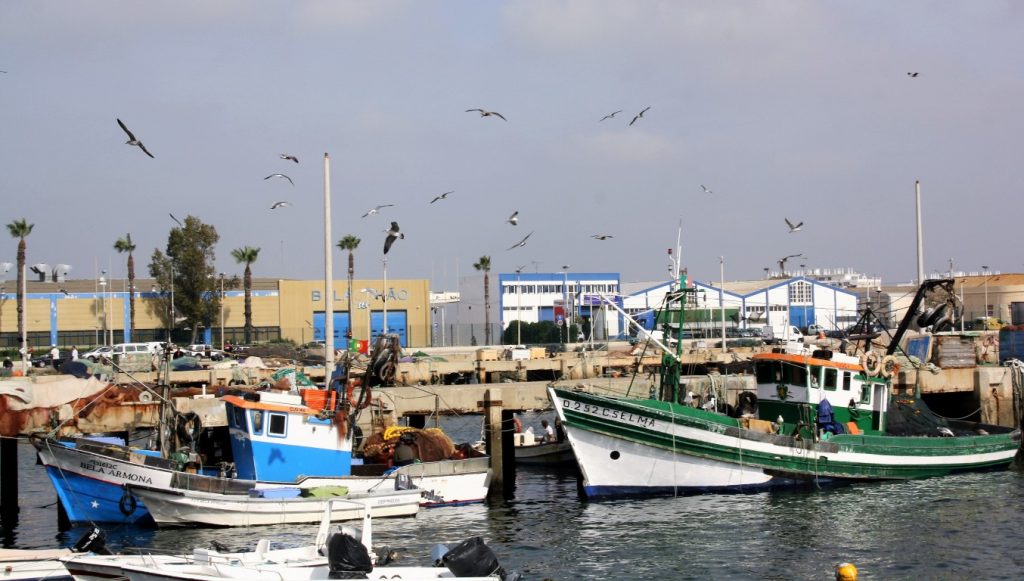 55% of the world's oceans are being fished, which is equivalent to four times the area occupied for agriculture. 31,4% of marine stocks are overfished and 58,1% are completely depleted. The data were revealed by Quercus – National Association for the Conservation of Nature, on the occasion of the European Maritime Day, which is marked today, 20th of May.
55% of the world's oceans are being fished, which is equivalent to four times the area occupied for agriculture. 31,4% of marine stocks are overfished and 58,1% are completely depleted. The data were revealed by Quercus – National Association for the Conservation of Nature, on the occasion of the European Maritime Day, which is marked today, 20th of May.
This day has been celebrated annually since 2008, and has been designated by the European Commission, the Council and the European Parliament.
This year 2018 the event will be held in Burgas, Bulgaria. In 2019, at the proposal of the Government of Portugal, the celebrations for this day will take place in Lisbon.
The European Maritime Day was created to extol the importance of the oceans and seas for all of society, putting into debate the opportunities and challenges they face at the level of the European continent.
"As the world population grows, especially in recent decades, the dependence on protein that is obtained from the sea has increased exponentially," stresses Quercus in a statement.
The data collected on marine stocks “shows that while most countries seem to fish predominantly within their own Exclusive Economic Zones (EEZ), 85% of offshore fishing is carried out by China, Spain, Taiwan, Japan and Korea. South, with China by far the largest percentage».
In addition to the overfishing of stocks, "there is also the problem associated with accidental fishing, known as bycatch, which puts even more pressure on fish populations, affecting key species for the balance of ecosystems."
The pressure placed on the seas and oceans "comes from various sources and their problems have to be addressed in various aspects, whether in terms of policies, research and economics", adds Quercus.
“The different sources of threats have to be analyzed, whether in terms of fishing, pollution, climate change and the various human activities that depend on the Sea and the Oceans”, says the environmental association.
Therefore, argues Quercus, “it is necessary and imperative to adopt more active measures to ensure the sustainable use of marine resources. Sustainable management policies for national and international fisheries are needed, so that part of the problems facing the oceans and seas at the world level are effectively resolved».


















Comments